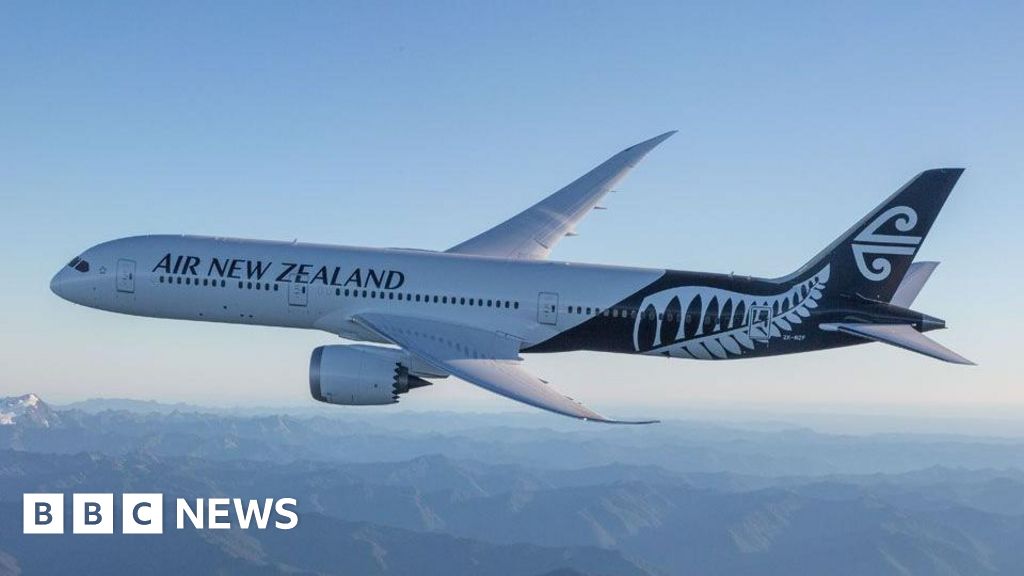
Air New Zealand, the national carrier of New Zealand, has abandoned its 2030 carbon emissions reduction target due to challenges in obtaining cleaner fuels and more efficient aircraft. The airline announced this decision on July 30, citing potential delays in fleet renewal plans and global manufacturing and supply chain issues as reasons for the withdrawal from the Science Based Targets initiative.
Air New Zealand had aimed to reduce carbon intensity by 28.9% by 2030 compared to a 2019 baseline, but it now appears that this goal will not be met. The airline is considering a new near-term target and remains committed to achieving net zero carbon emissions by mid-century.
The aviation sector faces significant challenges in reducing its carbon footprint. Sustainable aviation fuels (SAF) are currently not produced at scale, and their prices are higher than traditional fuels. Additionally, the production of hydrogen as a fuel or the development of electric aircraft remains far from commercialization.
Air New Zealand's decision to abandon its 2030 climate target is significant because it marks the first major carrier to do so. The airline industry is estimated to produce around 2% of global carbon dioxide emissions, and airlines have been trying to reduce these emissions through measures such as replacing older aircraft and using fuel from renewable sources.
The International Air Transport Association (IATA) has set a net zero emissions target for the aviation industry by 2050. However, achieving this goal will require significant investments in new technologies and infrastructure, as well as supportive policies from governments.
Air New Zealand's decision to abandon its climate target is a reminder of the challenges facing the aviation sector in reducing its carbon emissions. While it is disappointing that the airline was unable to meet its 2030 target, it remains important for companies and industries to continue working towards net zero emissions by mid-century.




